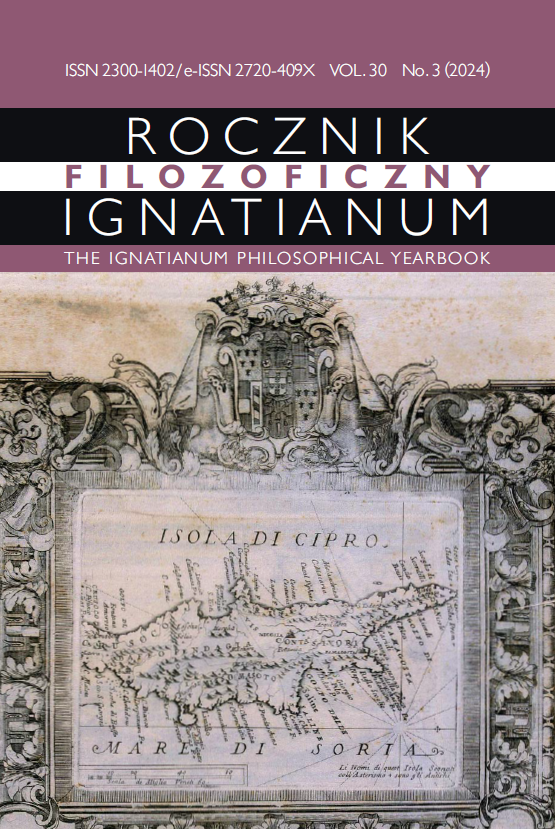Historia tureckojęzycznej literatury na Cyprze i jej związki z literaturą turecką
Abstrakt
Celem artykułu jest zwięzłe przedstawienie historii rozwoju literatury Turków cypryjskich od momentu pojawienia się Osmanów na wyspie pod koniec XVI wieku po czasy najnowsze. Osmańscy zdobywcy przywieźli na Cypr swoją tradycję, kulturę i literaturę, ale rozwój piśmiennictwa na wyspie odbywał się w innym tempie i w zależności od sytuacji politycznej podlegał różnym wpływom, nie tylko anatolijskim. Także wielokulturowość miała duży wpływ na charakter rozwoju tureckojęzycznej literatury w ciągu całej 450-letniej obecności Turków na wyspie. W artykule przedstawiono pokrótce najważniejsze wydarzenia polityczne, które miały wpływ na rozwój i kondycję literatury tureckiej na Cyprze. Następnie omówiony został problem periodyzacji literatury Turków cypryjskich na tle okresów rozwoju literatury w Turcji. Z epokami literackimi zazwyczaj można łączyć konkretne gatunki, które w danym okresie pojawiają się, przeżywają największy rozkwit lub zanikają. Historia rozwoju gatunków takich jak nowela, powieść, sztuka sceniczna wskazuje na pewne różnice między literaturą Turcji osmańskiej i republikańskiej a literaturą Turków cypryjskich. Kolejny ważny element, który może służyć jako narzędzie porównania to tematyka utworów – najbardziej naturalne zwierciadło wydarzeń historycznych i problemów przeżywanych przez naród. Zestawienie cech charakterystycznych literatury tureckocypryjskiej i tureckiej na przestrzeni wieków pokazuje, że poza okresem po 1974 roku literatura Turków cypryjskich rozwijała się wolniej, a nowe trendy pojawiały się z opóźnieniem. Jako główne przyczyny takiego stanu rzeczy wskazać można uwarunkowania polityczne i ekonomiczne.
Copyright (c) 2024 Uniwersytet Ignatianum w Krakowie

Utwór dostępny jest na licencji Creative Commons Uznanie autorstwa – Bez utworów zależnych 4.0 Międzynarodowe.
Rocznik przyjmuje do druku wyłącznie materiały, które nie wchodzą w żaden konflikt interesów, żaden konflikt z prawem autorskim itp. Redakcja prowadzi działania przeciw: plagiatom, ghostwriting1, guest/honorary authorship2 itp. Autor pracy zbiorowej, który jest pierwszy na liście, bierze na siebie odpowiedzialność i ma obowiązek przedstawić wkład wszystkich współautorów. Jeśli publikacja powstała dzięki dedykowanym środkom finansowym, należy ujawnić to np. w Podziękowaniu, przypisie itp. Ew. przedruki wymagają jawnego zgłoszenia i okazania odpowiedniego pozwolenia wydawniczego. Autorzy / Recenzenci nierzetelni narażają się na reakcję właściwą stosownym instytucjom.
______
1 Ma to miejsce, gdy osoba mająca istotny wkład jest pominięta na liście Autorów czy w Podziękowaniu.
2 Zachodzi, gdy na liście autorskiej pojawia się osoba mająca znikomy/żaden udział w pracy.





